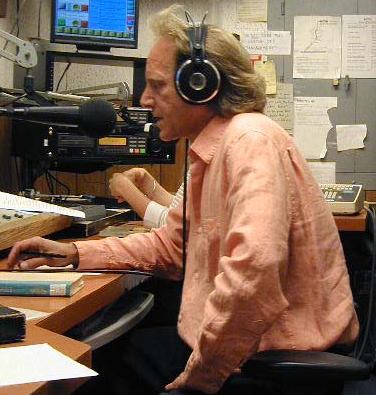EO is back
In the New York Times book review this Sunday, Jonathan Franzen used a term familiar to me only from Martin Heidegger’s writings on technology. As result I got curious to know how Thomas Sheehan’s recent book about the German thinker has been received. I didn’t come across any reviews with a Google search, but I did find a paper he’d written last year, “What, After All, Was Heidegger About?”, which serves almost as an overview of the new book, which I haven’t finished. The paper is far easier to understand than the book simply because it’s less laden with un-transliterated Greek words (there are still plenty) and the footnotes are easy to delete and ignore if you copy and paste the content into Word. How’s that for a workaround to avoid distractions? (My apologies to Sheehan’s assiduous attributions demonstrating the depth of his comprehensive scholarship on the German philosopher.)
I’ve read the paper a couple times and may post a reaction to it. I’m no authority on philosophy, but I still read it as part of an effort to cobble together, slowly and haltingly, a view of what painting has the potential to do, when it is at its best. Heidegger’s thinking represents a personal cornerstone in this effort, based on what little he wrote about visual art–though Sheehan’s essay doesn’t address the philosopher’s views in a way that helps me much with that right now. Still, it’s lucid and brief and apparently controversial among some core Heideggerians. But this is what I gather second-hand, because I don’t “follow” philosophy. I’m a layman dogged by philosophic questions, and I have only few un-entitled opinions to air about it.
Which brings me to the good news. Entitled Opinions, where I discovered Sheehan, is back! I’m only two podcasts behind in the new season. The Stanford University radio program had been gone for more than a year. I can’t wait to hear Robert Harrison’s new discussions as they become available. I can hear echoes, in the paper, of things said in conversation with Harrison, about how Heidegger did little to address the subject of ethics as a philosopher (and made some questionable ethical/political choices as an individual). But mostly the content of the paper is distinct from much of what Sheehan has said about Heidegger on this podcast. I hope he’s on deck, or at least somewhere in the season’s line-up, to talk at length about his new paradigm for understanding the philosopher.

Comments are currently closed.